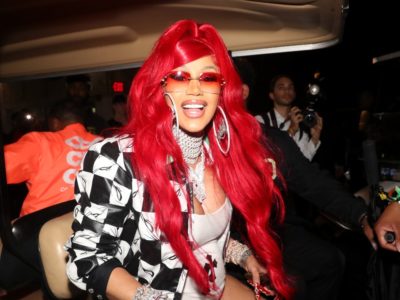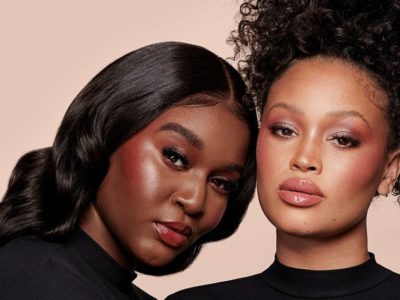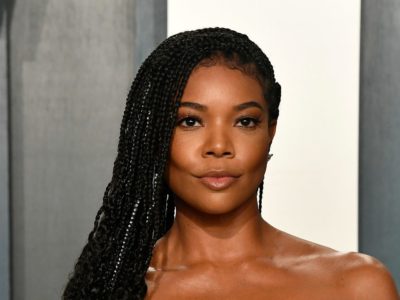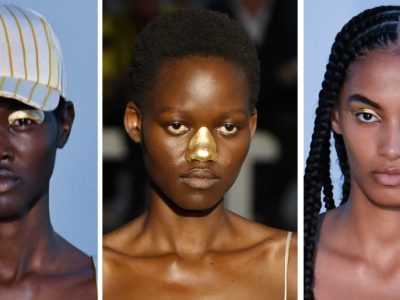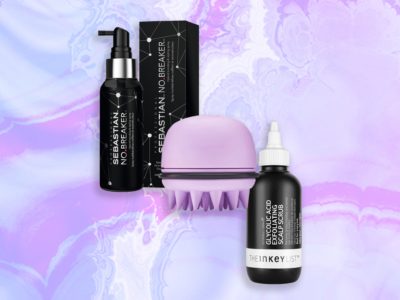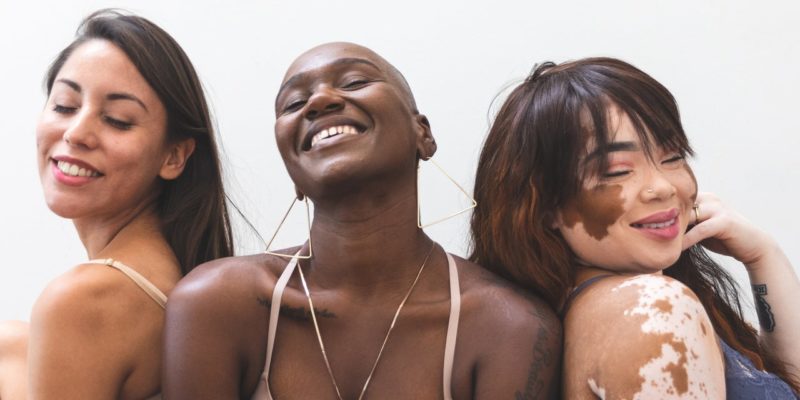
Normal, out of context, seems like a harmless word. On the label of a beauty product, however, its connotations are anything but. For years, shoppers have seen “normal” equated with skin and hair that don’t have attributes implied to be issues that need correcting — as if it were abnormal to have oily skin or coarse, textured hair. Recognizing and confirming the problematic power of the word after conducting an international survey, Unilever has announced it will be removing “normal” from all of its beauty and personal-care brands’ packaging and advertising.
Esi Eggleston Bracey, executive vice president and chief operating officer of Beauty & Personal Care at Unilever, tells Allure that brands such as Dove, Axe, and Vaseline are in the process of removing “normal” from their marketing language, noting that the parent company has already made progress removing it from most of its hair-care brands globally.
“Unfortunately, ‘normal’ has been used for a long time in the beauty industry to create a standard that only applies to a narrow group and describes products that don’t address specific needs,” Bracey tells Allure, explaining that the word has generally been equated to a Euro-centric view of beauty. Unilever, she says, wants to communicate what a product does — for example, replenish moisture — as opposed to dictating who it’s for or insinuating the desirability (or undesirability) of certain hair and skin characteristics. “At its core, this effort is about reflecting a more inclusive vision of beauty,” Bracey says.
This change was, in part, motivated by the results of a 10,000-person survey across Brazil, China, India, Indonesia, Nigeria, Saudi Arabia, South Africa, the U.K., and the U.S. It found that more than seven in 10 participants agree that using the word “normal” on product packaging and advertising has a negative impact that makes people feel excluded. Furthermore, nearly three-quarters of the survey participants want to see the beauty and personal-care industry focus more on making people feel better — not just look better.
Bracey can personally relate to these findings. “Growing up and seeing ‘normal’ on products for skin and hair that didn’t look like mine made me ask if my attributes were then abnormal,” she says, adding that she’s glad to see the word being eliminated. “This type of commitment is meaningful to me on a personal level. I liken it to the word ‘nude’ in beauty, which was — and still sometimes is — used to describe Caucasian skin tones. I would see a nude lipstick and think to myself, That’s not what my nude skin looks like.”
